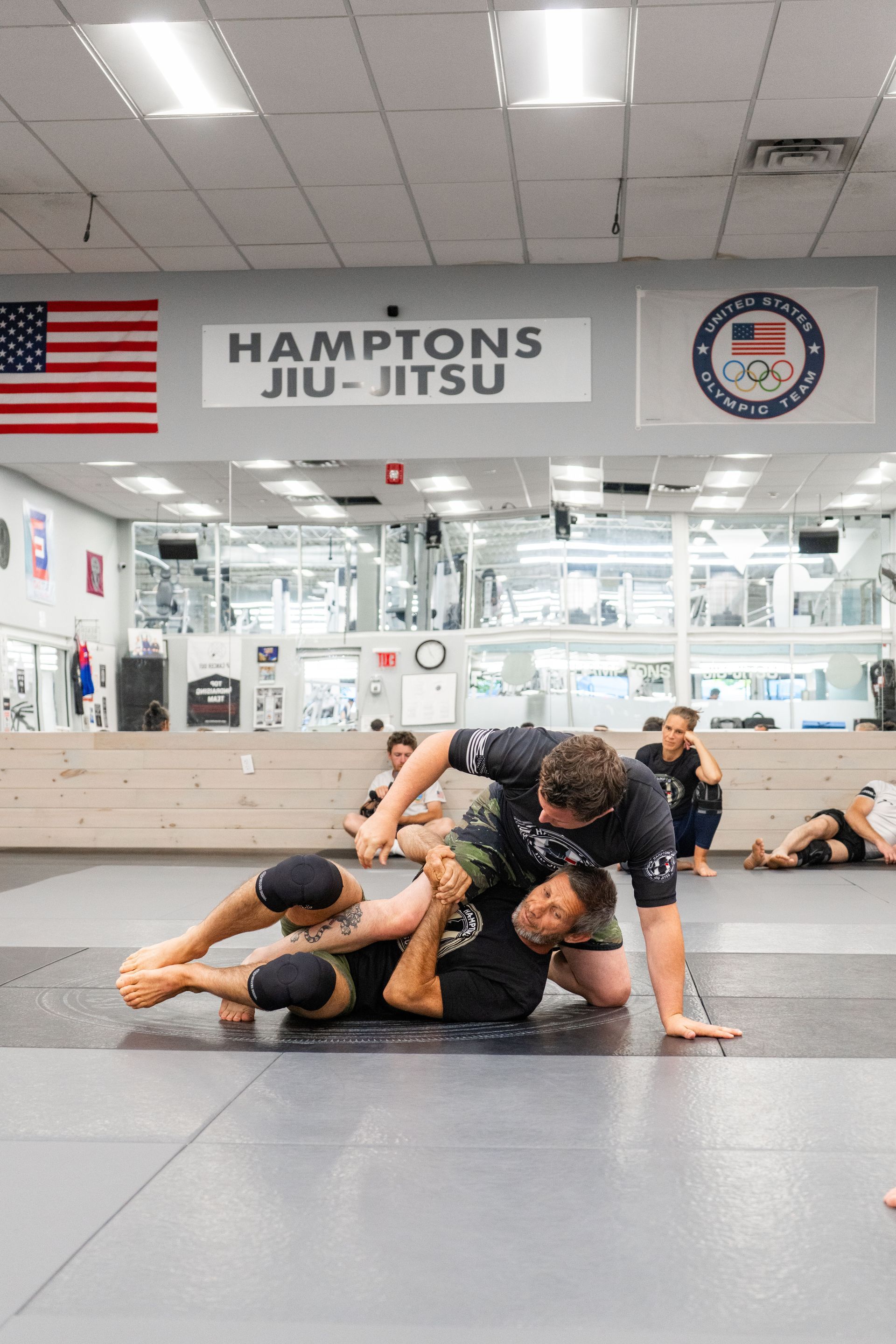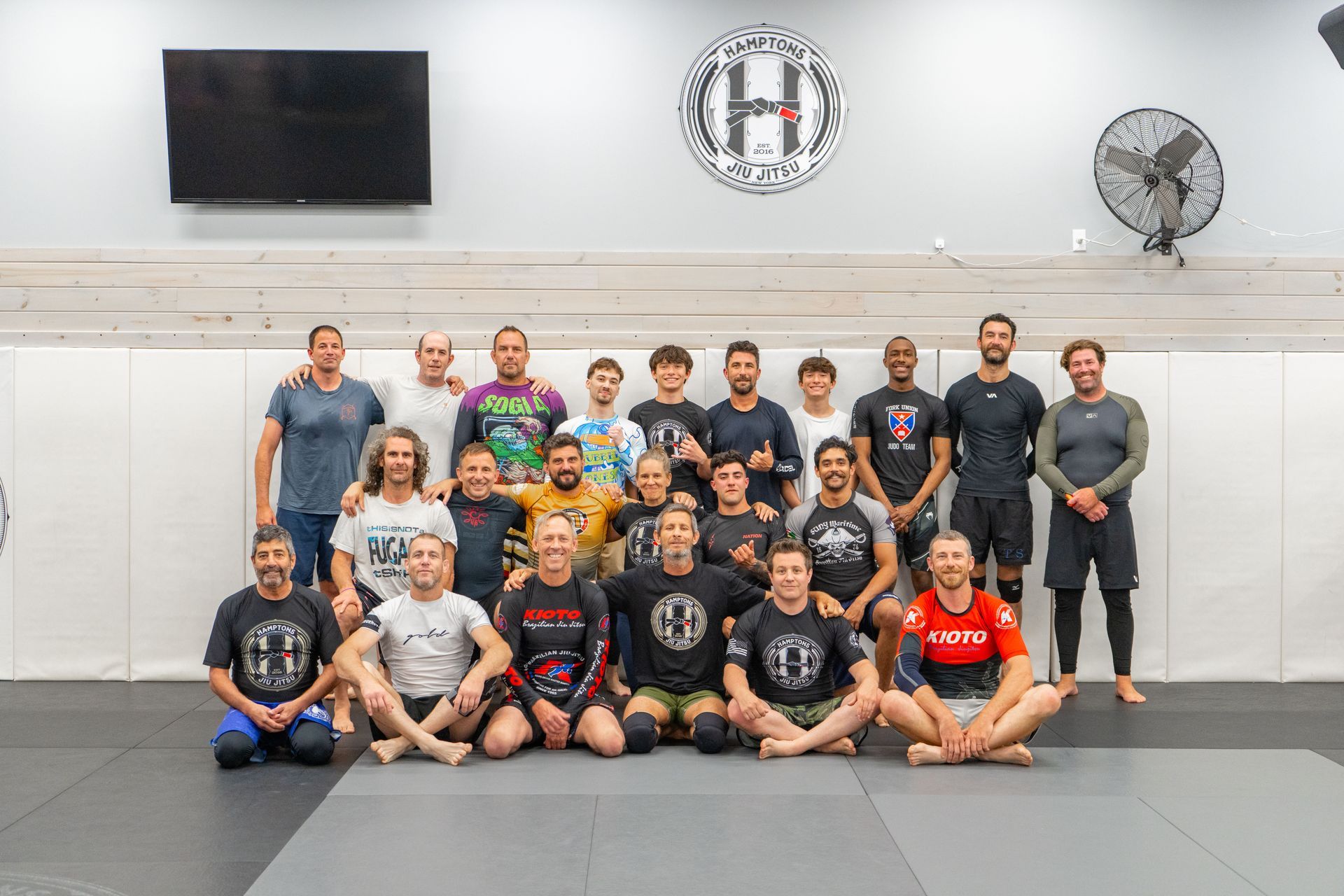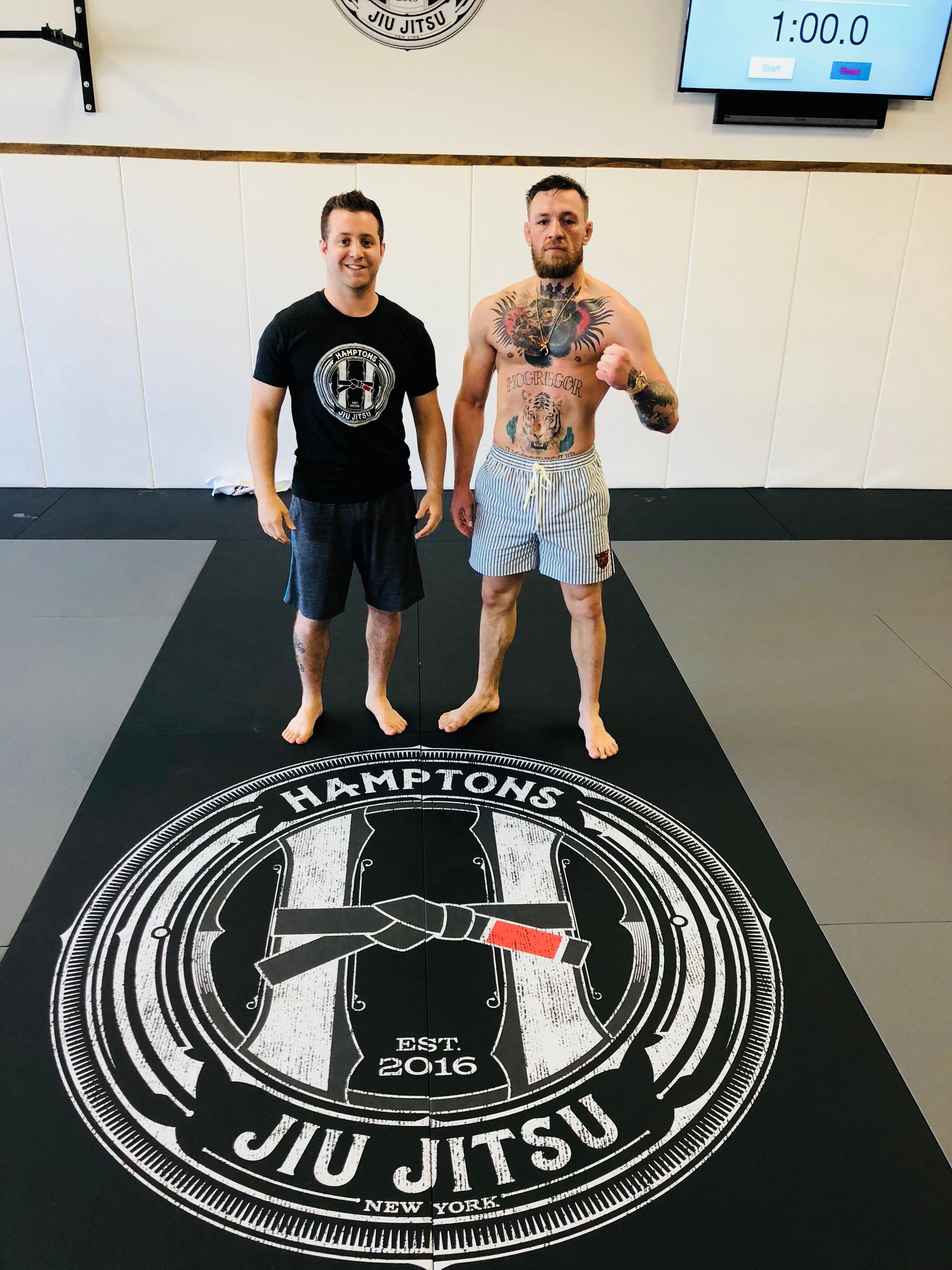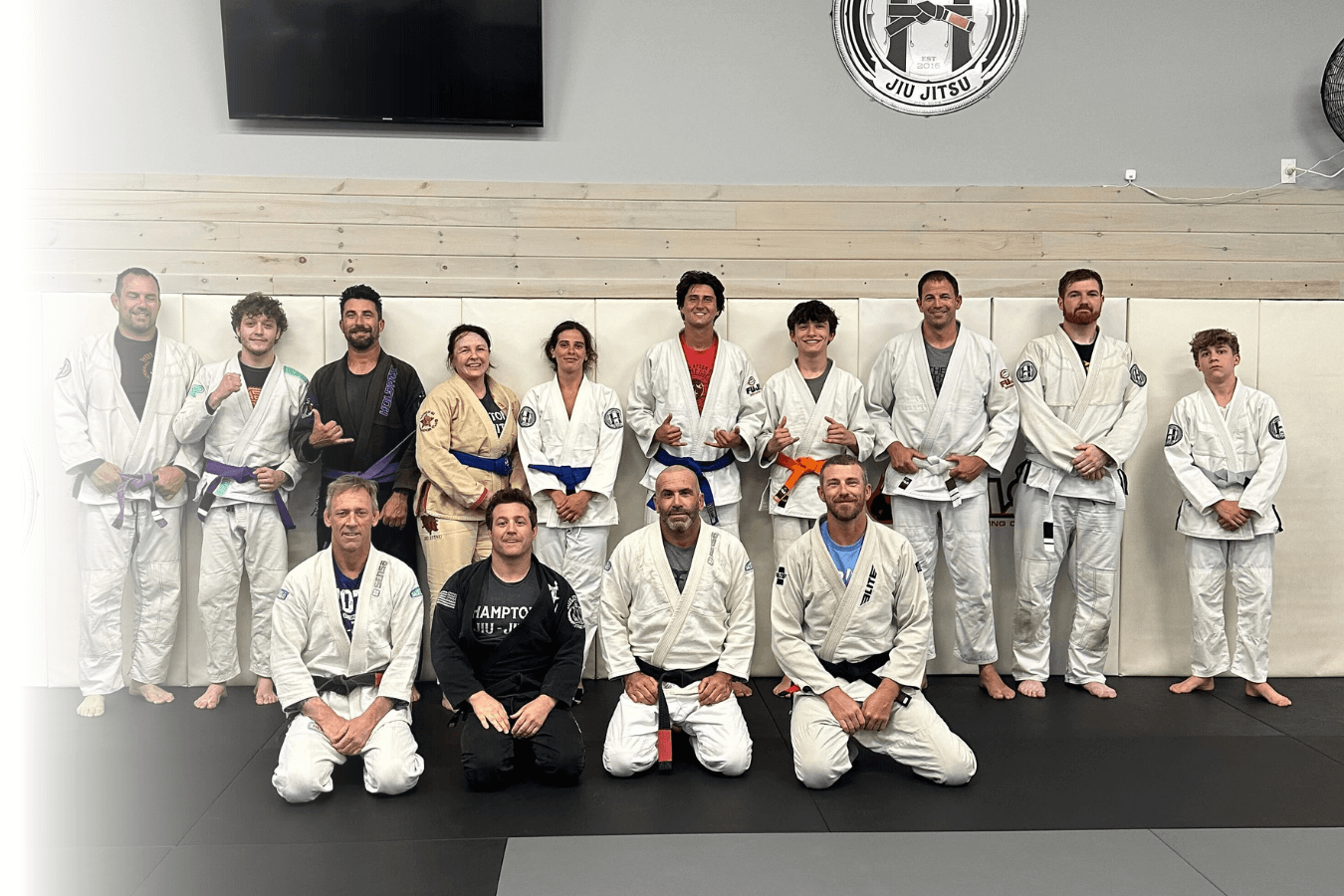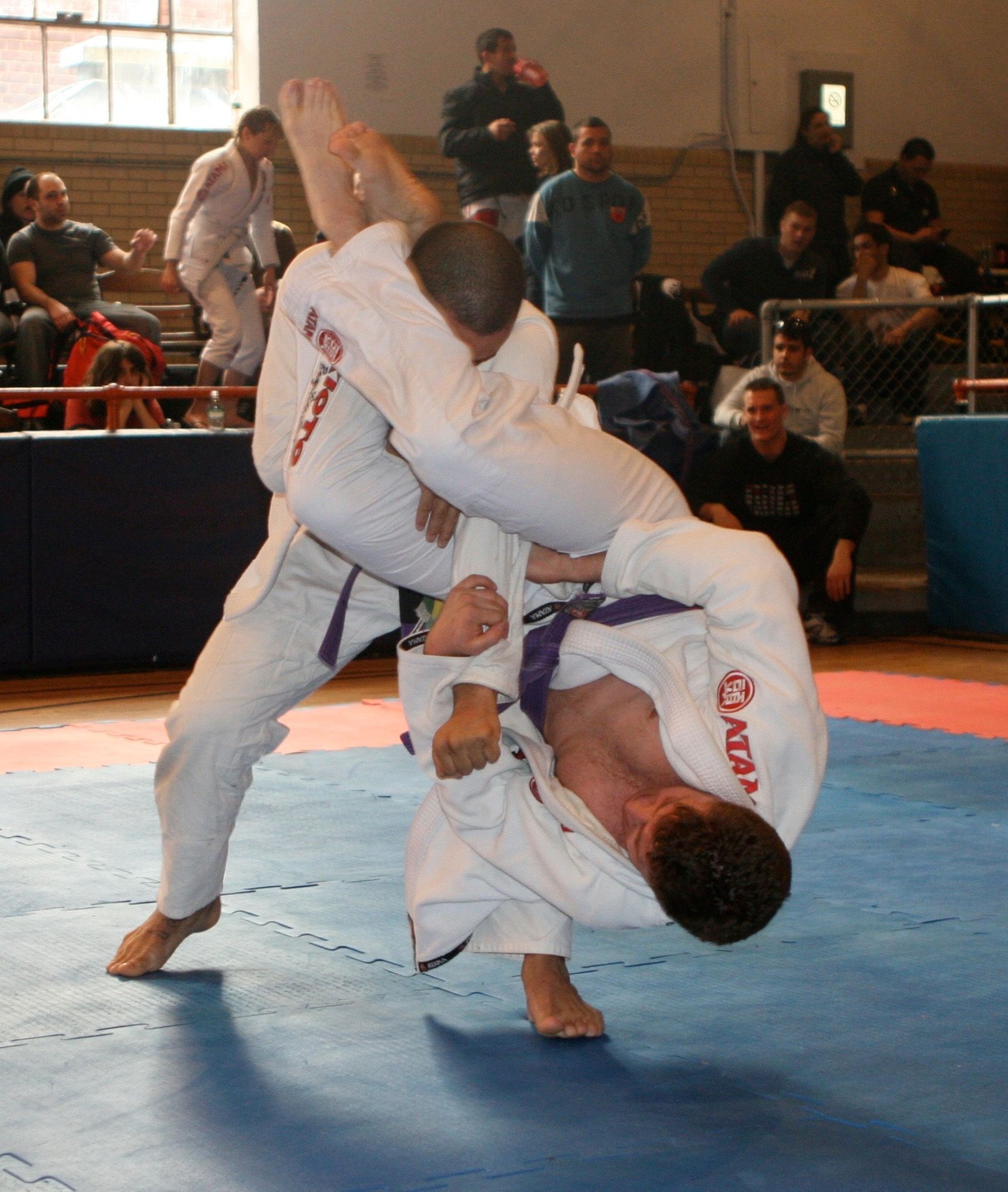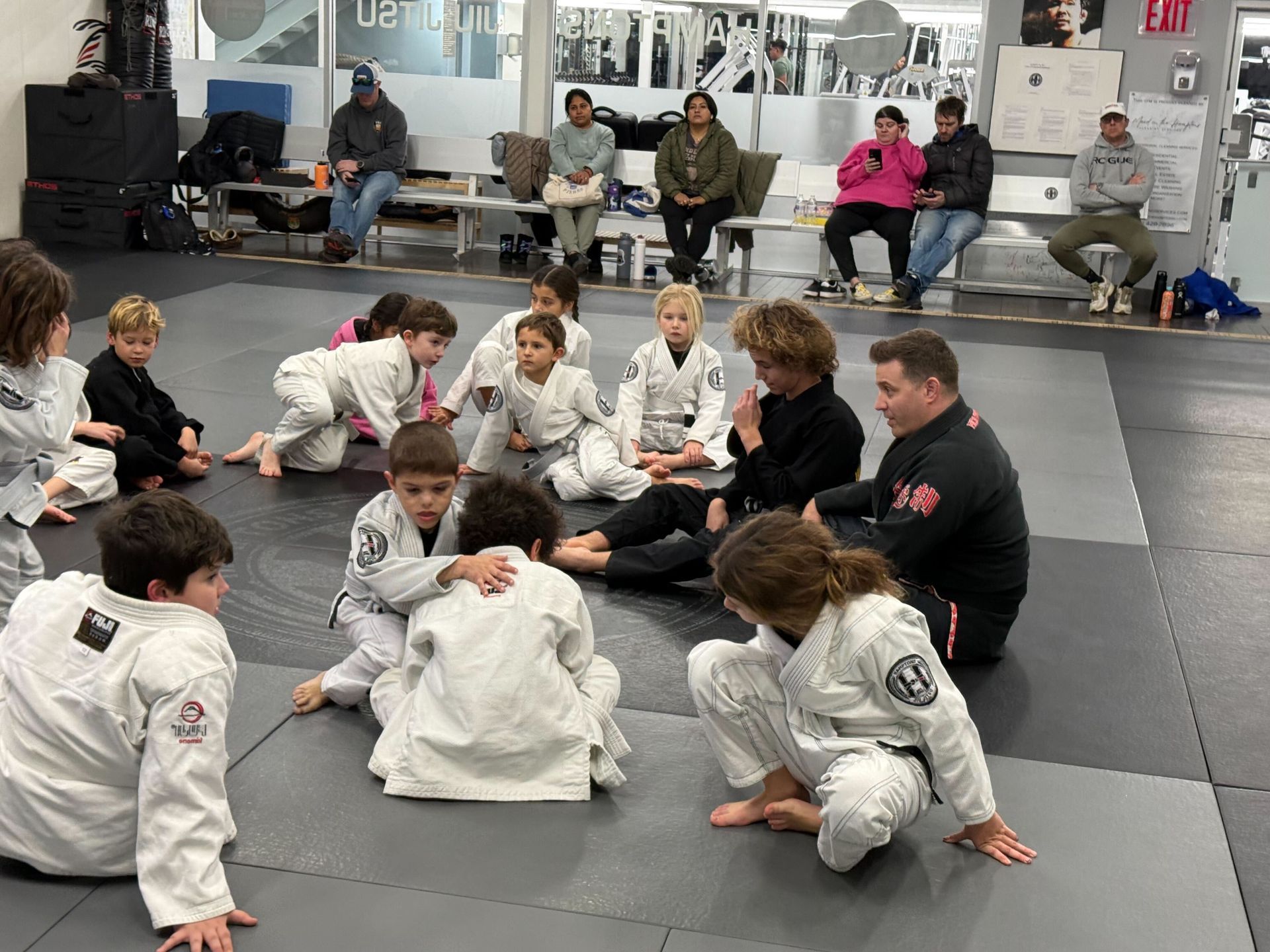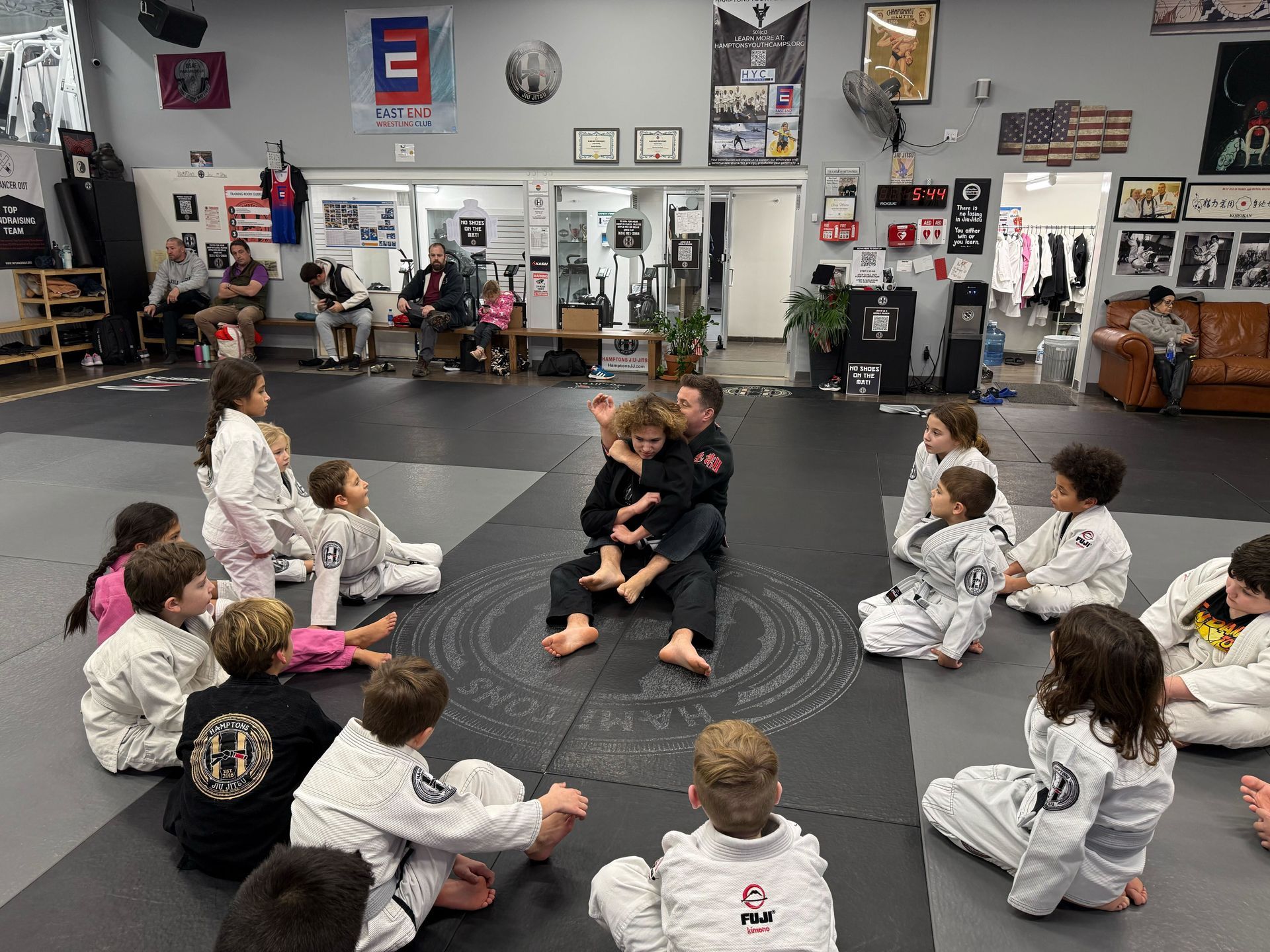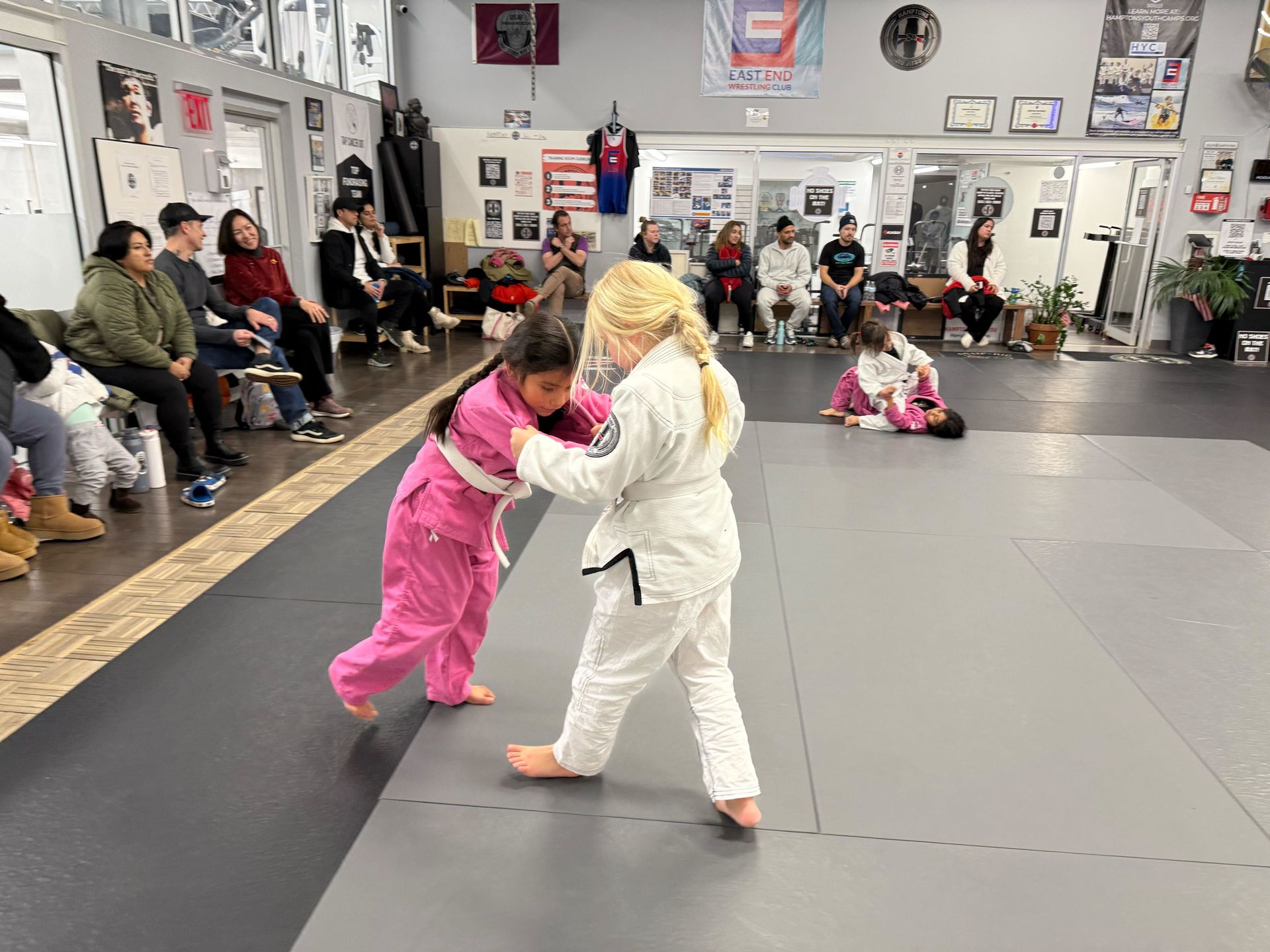Martial Arts Etiquette: What Every Beginner Should Know
Martial arts are more than just physical activities; they embody a philosophy that emphasizes respect, discipline, and humility.
For beginners, understanding the etiquette associated with martial arts is crucial as it sets the foundation for a respectful and productive learning environment. Whether you are stepping into a dojo for the first time or participating in your first sparring session, knowing how to conduct yourself is just as important as mastering the techniques. This guide covers the essential aspects of martial arts etiquette that every beginner should be familiar with.
Introduction to Martial Arts Etiquette
Martial arts etiquette is not merely about rules but about a mindset that fosters personal growth and mutual respect. Etiquette plays a significant role in maintaining the integrity and tradition of martial arts. From bowing to your instructor to respecting your peers, these customs are deeply rooted in the history and culture of martial arts disciplines.
Importance of Etiquette in Martial Arts
Etiquette in martial arts serves multiple purposes. It ensures safety, promotes a respectful learning environment, and helps students develop discipline. By adhering to these guidelines, students learn to control their emotions, respect others, and cultivate a mindset that is conducive to both personal and communal growth.
Overview of Common Martial Arts Disciplines
Understanding the varied traditions and expectations within different martial arts disciplines can help students adapt their behavior accordingly. Whether it’s karate, judo, taekwondo, or Brazilian jiu-jitsu, each martial art has unique customs that emphasize respect, focus, and discipline.
The Core Principles of Martial Arts Etiquette
At the heart of martial arts etiquette are core principles that transcend specific styles or schools. These principles help students not only improve their martial arts skills but also their character.
Respect for Instructors and Fellow Students
Respect is fundamental in martial arts. This begins with how students address their instructors, often using titles such as "Sensei" in Japanese martial arts or "Sifu" in Chinese martial arts, and extends to interactions with fellow students. Demonstrating respect includes actions like bowing, maintaining a polite demeanor, and actively listening during instruction.
Discipline and Self-Control
Martial arts training emphasizes discipline and self-control, both physically and mentally. This includes being punctual, staying focused during classes, and maintaining composure even in challenging situations, such as sparring or when receiving critical feedback.
Humility and Open-Mindedness
Humility is essential in martial arts, as it allows students to learn from others and accept that there is always room for improvement. Being open-minded helps students embrace new techniques, corrections, and the diverse perspectives of their peers.
Dojo Etiquette: Understanding the Dojo Rules
The dojo, or training hall, is a space of respect and discipline. Following dojo etiquette is crucial for maintaining a positive training atmosphere.
Proper Attire and Personal Hygiene
Wearing the appropriate attire, such as a gi (uniform), and maintaining personal hygiene shows respect for the dojo and those you train with. A clean uniform, trimmed nails, and personal cleanliness help prevent injuries and maintain a respectful training environment.
Bowing and Its Significance
Bowing is a fundamental aspect of martial arts etiquette. It symbolizes respect and is commonly performed when entering or leaving the dojo, starting or ending a class, and before and after sparring sessions. Understanding the meaning behind the bow and performing it with sincerity is important for beginners.
Arriving on Time and Participation Expectations
Punctuality is a sign of respect in martial arts. Arriving on time shows that you value the instructor’s time and the training session. If you do arrive late, it’s customary to wait at the edge of the training area until the instructor acknowledges you, and then bow before joining the class.
Interaction with Instructors and Peers
How you interact with your instructors and peers can greatly impact your martial arts journey.
Addressing Instructors with Respect
Instructors should be addressed using the appropriate title and with a respectful tone. Avoid interrupting them or questioning their instructions in a confrontational manner. If you have questions, it’s best to wait until an appropriate time to ask, such as after a demonstration or at the end of the class.
Partner Etiquette During Sparring and Drills
When sparring or practicing drills, always treat your partner with respect. This means controlling your techniques to avoid causing injury, thanking your partner after the session, and following the instructor’s guidelines on how to safely engage in practice.
Conduct During Classes
The way you conduct yourself during classes reflects your commitment to the martial arts and respect for the dojo environment.
Listening and Following Instructions
Active listening is crucial in martial arts. It ensures that you understand the techniques being taught and reduces the risk of injury. Follow instructions carefully and avoid interrupting the instructor. Demonstrating focus during class is a key aspect of martial arts etiquette.
Maintaining Focus and Avoiding Distractions
Distractions, such as talking or looking around during class, can disrupt the learning environment. Stay engaged with the lesson, keep chatter to a minimum, and focus on your practice. This not only shows respect but also enhances your learning experience.
Handling Mistakes and Feedback Gracefully
Mistakes are a natural part of learning martial arts. Accept corrections with a positive attitude and use them as opportunities to improve. Displaying humility when receiving feedback shows that you are open to learning and growing as a martial artist.
Respect for the Training Environment
Respecting the training environment goes beyond personal behavior; it includes taking care of the dojo and equipment.
Keeping the Dojo Clean and Organized
A clean dojo reflects the respect of its members. Help maintain the cleanliness of the training area by picking up after yourself, storing equipment properly, and participating in any dojo cleaning activities.
Proper Use and Care of Equipment
Always handle dojo equipment with care, whether it’s mats, weapons, or protective gear. Use equipment only as instructed and report any damages to your instructor. Proper care of equipment helps ensure a safe and efficient training environment for everyone.
Understanding Cultural Significance in Martial Arts
Martial arts are deeply rooted in cultural traditions that influence their etiquette and practices.
The Role of Traditions and Rituals
Many martial arts include rituals, such as bowing to a shrine or reciting a creed, which reflect their cultural origins. Understanding and respecting these traditions is a key aspect of etiquette, as they connect students to the history and values of their martial art.
Cross-Cultural Respect in Martial Arts
Martial arts often attract students from diverse backgrounds. Showing respect for different cultural practices and being open to learning about them enriches the training experience and fosters a more inclusive environment.
Etiquette Beyond the Dojo: Representing Your School
Your conduct outside the dojo also reflects on your martial arts school.
Behavior at Competitions and Public Events
When representing your dojo at competitions or public demonstrations, maintain the same level of respect and discipline as you would in class. This includes following event rules, respecting opponents, and displaying good sportsmanship regardless of the outcome.
Social Media and Public Conduct
With the rise of social media, your behavior online can also reflect on your dojo. Avoid posting disrespectful or negative content about other martial artists, schools, or competitions. Instead, use social media to positively share your journey and support the martial arts community.
Common Mistakes Beginners Should Avoid
Understanding common mistakes can help beginners navigate martial arts etiquette more smoothly.
Overstepping Boundaries with Instructors or Peers
It’s important to recognize the boundaries set by your instructors and peers. Avoid overly familiar behavior, such as casual joking with instructors or being overly aggressive during sparring. Always err on the side of respect and professionalism.
Neglecting Personal Etiquette
Personal etiquette, such as maintaining eye contact when being addressed, showing gratitude, and being mindful of your body language, plays a crucial role in how you are perceived in the dojo. Neglecting these aspects can unintentionally convey disrespect.
Final Thoughts
Martial arts etiquette is more than a set of rules; it’s a philosophy that shapes the martial artist's character both inside and outside the dojo. By embracing these principles, beginners not only improve their martial arts skills but also their personal development. Remember, the respect, discipline, and humility you cultivate in martial arts will have a lasting impact, helping you navigate life with confidence and integrity.
FAQs about Martial Arts Etiquette
What Should I Do if I'm Late to Class?
If you are late, wait respectfully at the edge of the training area until the instructor acknowledges you. Once acknowledged, bow and join the class quietly without disrupting the session.
How Should I Address My Instructor?
Always address your instructor with the appropriate title, such as “Sensei” or “Master,” followed by their last name. Avoid using their first name unless specifically invited to do so.
Is Bowing Really Necessary?
Yes, bowing is a fundamental aspect of martial arts etiquette. It shows respect to your instructors, peers, and the art itself. Bowing is a way to acknowledge the shared learning experience and the history of the discipline.
What if I Make a Mistake During Sparring?
Mistakes during sparring are common. If you make a mistake, acknowledge it, apologize if necessary, and continue with the exercise. Sparring is a learning experience, and making mistakes is part of the process.
Can I Ask Questions During the Class?
Yes, but timing is important. Ask questions when appropriate, such as after a demonstration or when the instructor invites questions. Avoid interrupting the flow of the class with frequent or irrelevant queries.
How Should I Behave at a Martial Arts Competition?
At competitions, maintain respect for your opponents, judges, and spectators. Follow the rules, display good sportsmanship, and represent your school with pride and dignity.
ACCESS OUR SCHEDULE
& EXCLUSIVE WEB SPECIAL
Secure your spot and get started today with our EXCLUSIVE offer!


